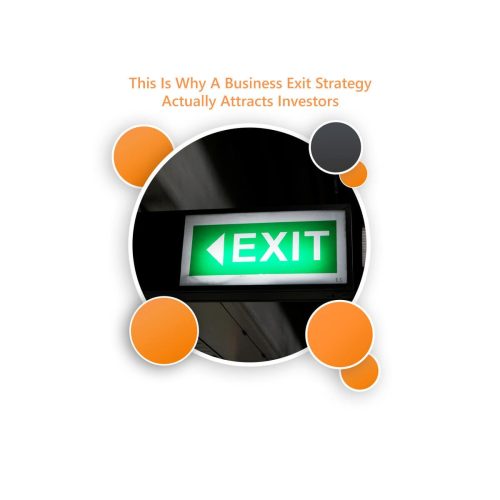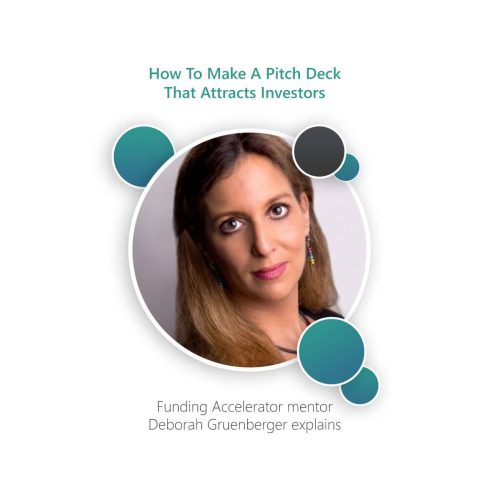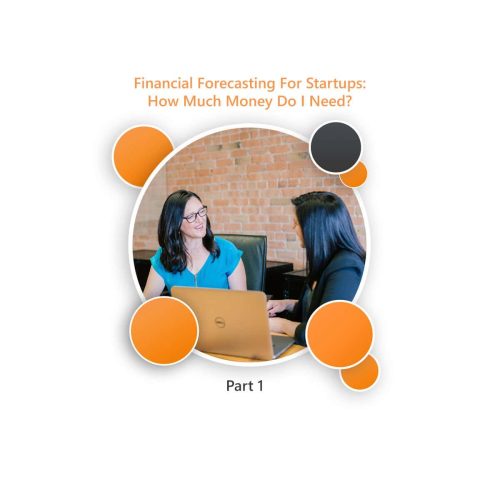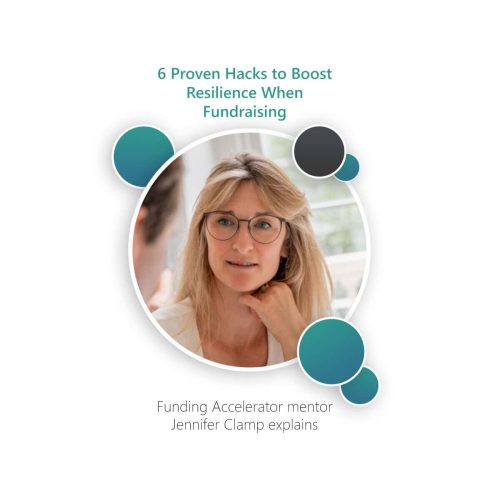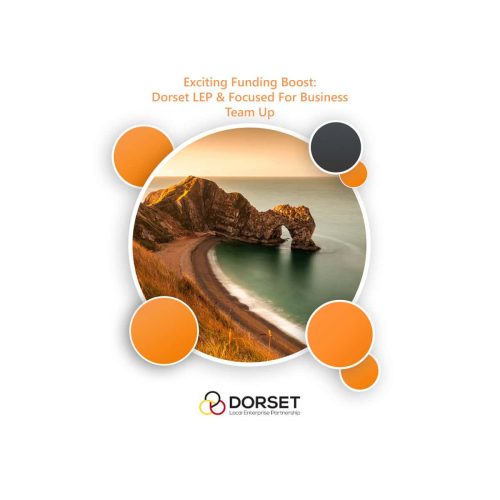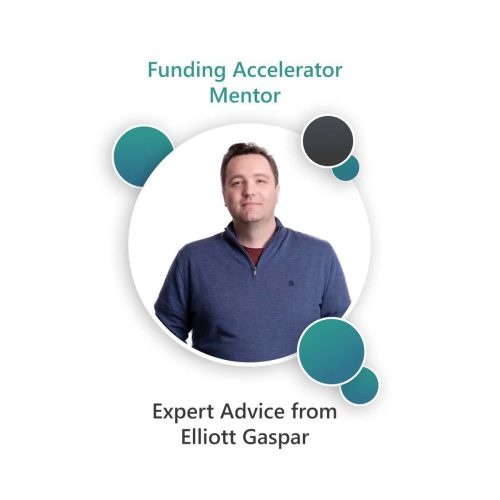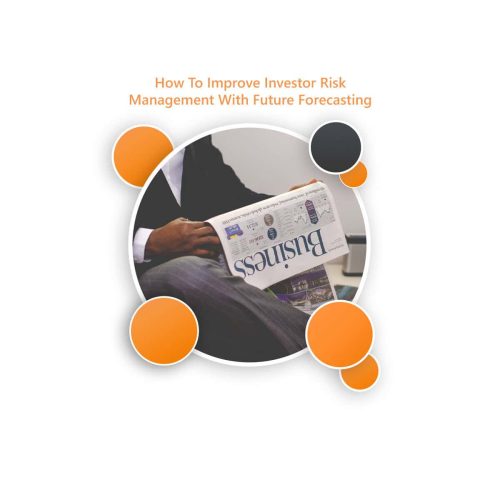When seeking investment for your business it pays to think like an investor, giving an investor the information they want rather than telling them everything you want to say.
The most important document when you first start talking to investors is your “one-pager” or executive summary. I don’t literally mean an executive summary that summarises your business plan, but rather a short, specifically written document that summarises your investment opportunity and acts as a calling card when approaching investors and angel networks. It is best to keep this to one page. Some founders opt to send their pitch deck to get a meeting with investors, but this makes no sense. If you use the pitch deck to secure the meeting, what will you actually use to discuss the opportunity when you do meet the investor?
Why keep it short and sweet?
Investors (especially the serious ones) are very busy people. They have lots of potential investment opportunities hit their in-box every week. Most investors will make up their mind in less than five minutes whether your business is of interest to them.
“You have to give investors the information they want quickly
and succinctly to be in with a chance of getting their attention.”
So how do you get the attention of an investor in just a couple of minutes?
The key is to give then what they want! Whilst individual investors will have their individual “sweet spot” for investments, in assessing an opportunity all investors are looking for certain key information:
- A brief, no nonsense description of what the business is and does.
- An explanation of the market opportunity – the problem you solve for your customers, the size of the market and the share of the market you feel you can realistically address.
- An overview of your customers – who they are, any different groups of customers and how you find new customers.
- How your products and services differ from the competition (and rest assured there will be competition whether you recognise it or not so, please, don’t say there is no competition!)
- What you’ve achieved to date – investors look for businesses that are already delivering on their business model so highlight key milestones in your company’s development.
- An introduction to your management team – who the key personnel are; their skills and experience and what they have achieved in the past.
- Details of your business model – how you make money and whether you have a number of different revenue streams.
- Your financials – revenues achieved to date, as well as a forecasting growth expected over the next 3-5 years.
- Details of the investment you are looking for – how much money you want to raise, what you will do with that money and how much equity you are selling in return for the investment.
- Oh, and don’t forget to add your contact details. If you do “hook” your investor you want him or her to be able to contact you quickly and easily to discuss the opportunity in more detail.
Think of opening doors to potential investors like applying for a job
 When you are applying for a job the first step is to send a strong CV to secure an interview. You’ll review the job description and tailor your CV to demonstrate how you are the right person for the job. So it is with an executive summary. No investor will meet you until they have first understood a bit about the business – and that’s where your one page summary of the investment opportunity comes in.
When you are applying for a job the first step is to send a strong CV to secure an interview. You’ll review the job description and tailor your CV to demonstrate how you are the right person for the job. So it is with an executive summary. No investor will meet you until they have first understood a bit about the business – and that’s where your one page summary of the investment opportunity comes in.
A good executive summary will position the investment opportunity so that it piques the interest of potential investors and gets you that all important first meeting. When you meet you can go into much more detail, and start to assess whether you want the investor on board. The discussion and negotiation really starts – but that’s another blog.
Is your Startup ready for investment?
Take the Startup Investment Scorecard to discover if your Startup is ready for investment. Start here
Further reading
Find out why “traction” makes it easier for a startup to raise investment
Funding Accelerator is designed to speed up the process of preparing your start-up for equity investment.



